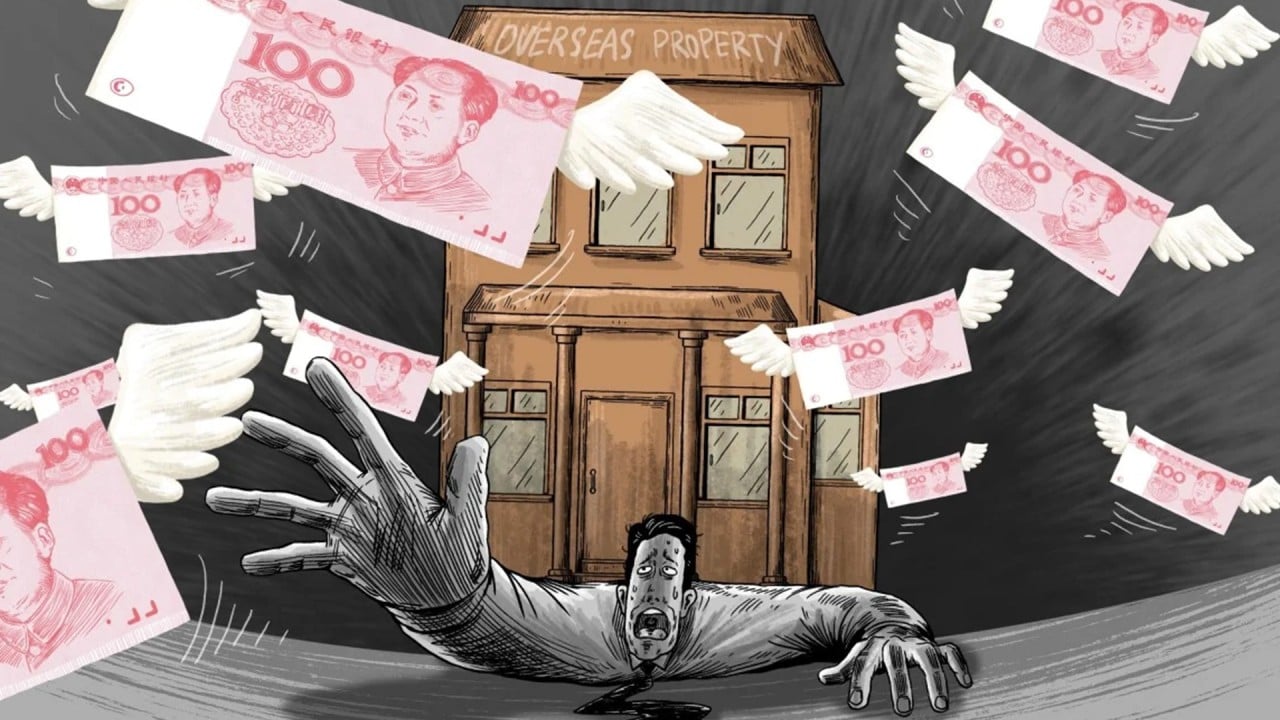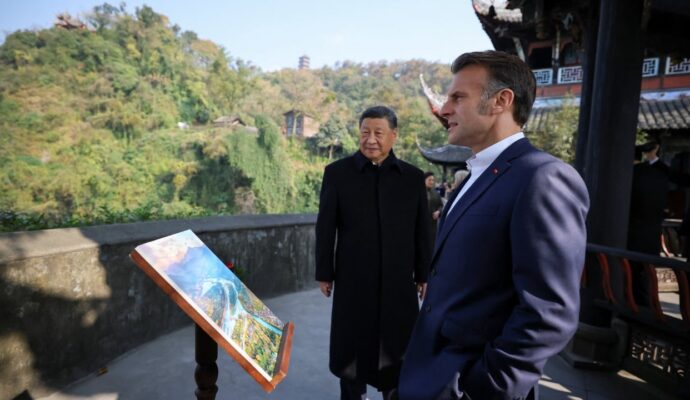Despite China’s pledge to deepen reform in its capital markets, weak confidence in the world’s second-largest economy means the days of Chinese securities as must-haves for foreign investors could be numbered, analysts said.
Diminished access to capital markets by the country’s privately owned companies – compared to firms owned by local governments using the debt markets for refinancing – reflect pronounced changes in the structure of China’s economy.
The problem for foreign investors now is not the tools, but more the macro picture
“Foreign investors must surely have realised by now that the risk and reward dynamic has changed dramatically over the past few years,” Howie said. “The glory days of growth for favourite sectors like tech are gone. Rewards have fallen and risks have gone up … all in all it means that China is simply no longer the ‘must be in’ market it once was.”
According to a survey of 295 fund managers conducted by Bank of America from October 6 – October 12, just 25 per cent of respondents expected the Chinese economy to strengthen over the next 12 months, compared to 33 per cent in September.
The proportion of those who affirmed their likelihood to invest overweight in China markets for their portfolios, minus those who said they would go underweight – another important metric for investor confidence – dropped 15 per cent in October from September, the biggest net underweight move for Chinese assets in a year.
China’s local governments issuing refinancing bonds to tackle LGFV debt
China’s local governments issuing refinancing bonds to tackle LGFV debt
Willer Chen, senior analyst at Forsyth Barr Asia, said he believes recent capital market reforms – such as the Nasdaq-style STAR Market set up in 2019 to fund China’s technological innovation – have been useful for foreign investors when it comes to presenting more choices.
“But still, I think the problem for foreign investors now is not the tools, but more the macro picture and outlook,” Chen said.
The proportion of corporate bonds in China issued by privately owned companies declined to just 6 per cent in 2022 from 2019’s 9 per cent, according to a report published by US rating agency Moody’s Investors Service last month.
While issuance of bonds from privately owned companies remained low in the first half of this year, Moody’s said, onshore bond sales by local government financing vehicles (LGFVs) surged more than 30 per cent year on year over the same period, making them the biggest group of issuers in the Chinese corporate bond market.
LGFVs are hybrid entities that are both public and corporate and were created to skirt restrictions on local government borrowing. They have proliferated since the global financial crisis in 2008.
“Based on our observations, investors tend to prefer state-owned enterprises over privately owned companies,” said Jessie Tung, lead analyst at Moody’s. “The latter generally have better funding access, including from the banking sector, because of their background and potential government support.”
Chen said offshore financing is still available to some developers, though it is uncertain how long they can rely on this channel.
“Onshore is slightly better, but mostly skewed to trust and bank loans for private developers when it comes to funding sources,” he said. “Financing difficulties, along with a dim property sales outlook, are major problems for the property market right now – and that is one of the most important factors offshore investors care about.”
The banking sector remains the dominant source for China’s economic growth, and has counted on the rapid development of the real estate industry for reliable returns.
The market was never the focus; it was the state that largely decided winners and losers
But in the US, capital markets fuel the economy, providing 71.9 per cent of equity and debt financing for non-financial corporations, according to a report by the Securities Industry and Financial Markets Association in July.
Although the Chinese capital markets play a lesser role in supporting economic growth, Fraser said they were still powerful for some specific companies and help to make China a global financial player. President Xi Jinping’s emphasis on strategic industries, he added, will contort the markets and economy to support companies in those areas.
“Deng Xiaoping always talked of using capitalist tools for socialist ends, and for a while it worked,” Fraser said. “The bond and stock markets were great ways to raise money both internally and externally. But the market was never the focus; it was the state that largely decided winners and losers.”

